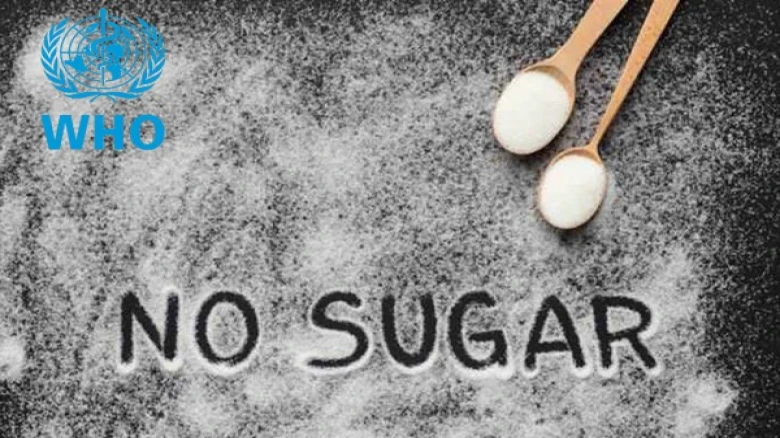To control our body weight, the World Health Organisation (WHO) suggests that we avoid foods like...
Digital Desk: As humans we always keep our mind inclined towards survival tips, thus we adapt to each problem we come into. To do so, we take detours, such as using artificial sweeteners to mimic the taste of sugar without actually consuming it. For a long time, this was a go-to product for many people who wished to prevent gaining weight or developing diabetes.
However, the World Health Organisation (WHO) suggests that we avoid such things to control our body weight or lower our risk of this non-communicable illness in its latest recommendation on Non-Sugar Sweeteners (NSS).
The recommendation is based on the findings of a thorough review of existing research and studies, which show that utilising NSS has no long-term benefit in terms of body fat reduction in adults or children. Long-term use of NSS may potentially have unforeseen repercussions, including an increased risk of type 2 diabetes, cardiovascular disease, and mortality in adults, according to the review's findings.
"NSS are not essential dietary factors and have no nutritional value," said Francesco Branca, WHO's Nutrition and Food Safety Director. To limit free sugar intake in our bodies, it is also recommended that people consume foods with naturally occurring sugar sweeteners or unsweetened foods or beverages. Acesulfame K, Aspartame, Advantame, Cyclamates, Neotame, Saccharin, Sucralose, Stevia, and its derivatives are examples of NSS.
Because of excessive sugar or sweets consumption has frequently been connected to weight gain, obesity, and diseases such as heart disease, diabetes, and cancer, these guidelines should be taken as a precaution. As per a report from the World Health Organisation statistics, noncommunicable diseases account for 74% of all deaths worldwide, killing a significant number of people each year.
This advice does not apply to personal care and hygiene items that contain NSS, such as toothpaste, cosmetics, pharmaceuticals, or low-calorie sweeteners.
To prevent diabetes, we must avoid artificial sweeteners and instead focus on exercise and a well-balanced diet.

Leave A Comment